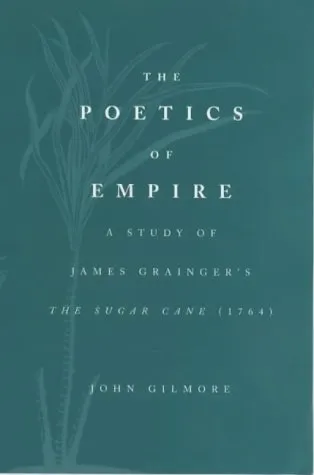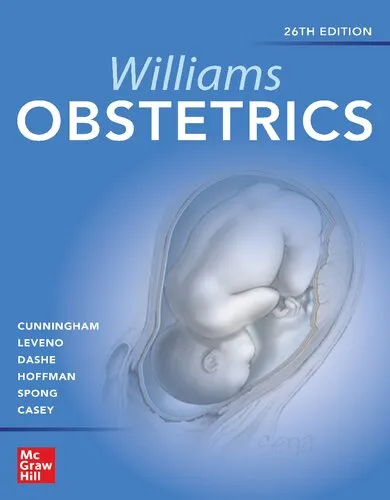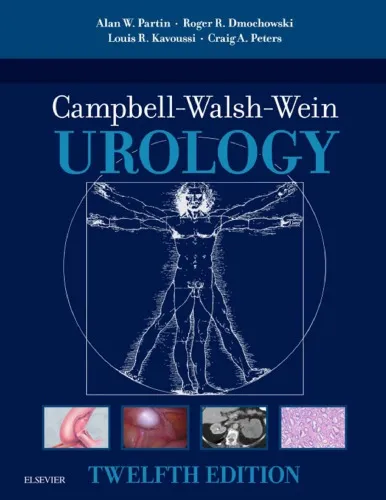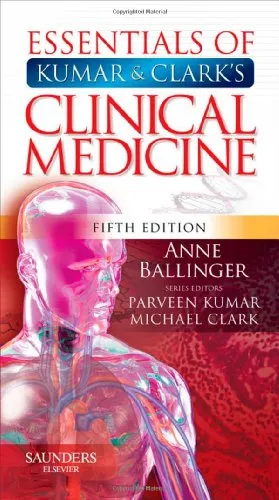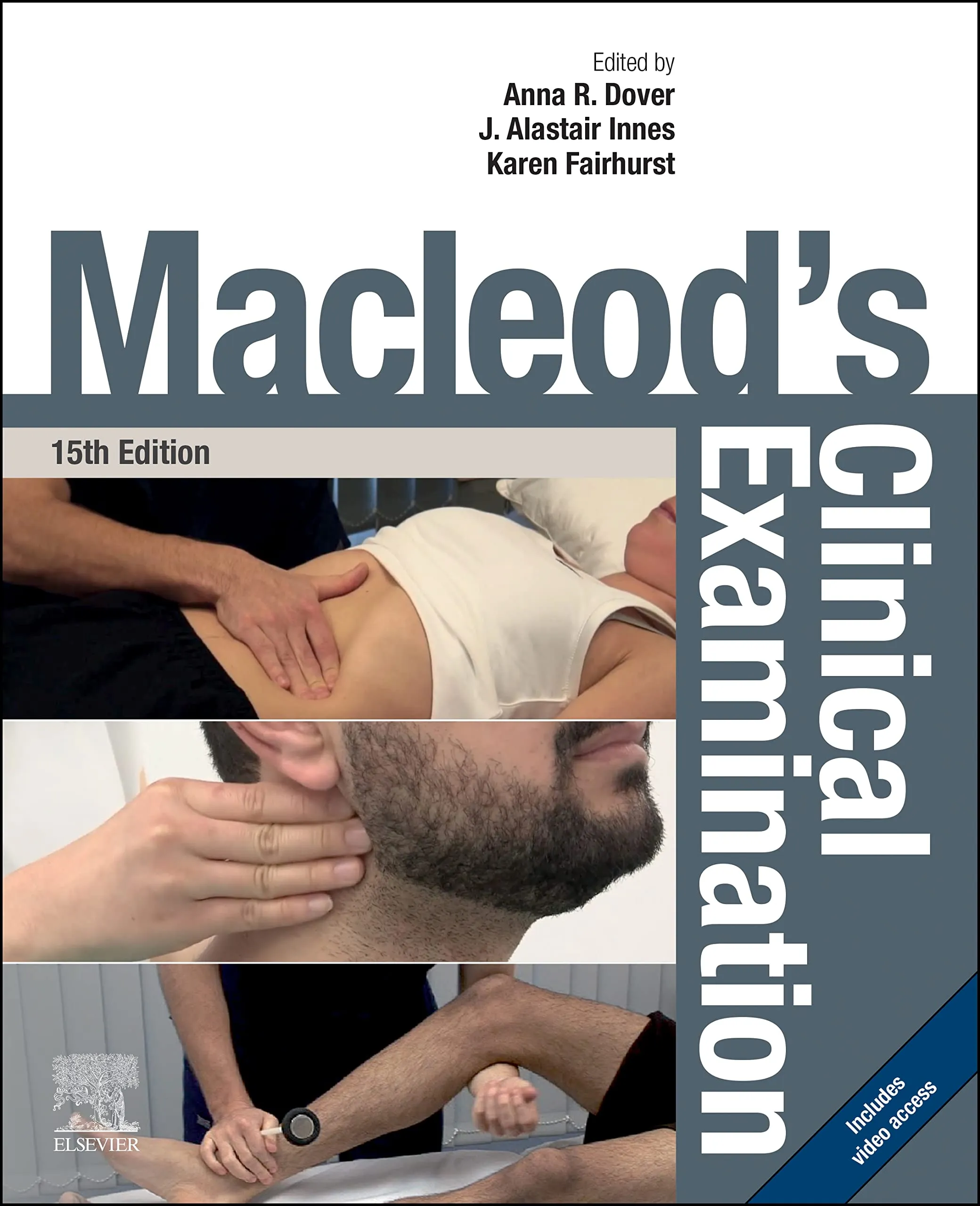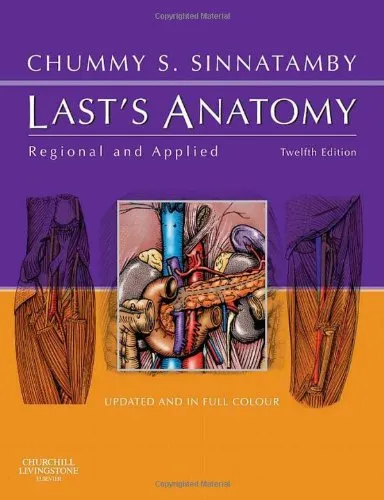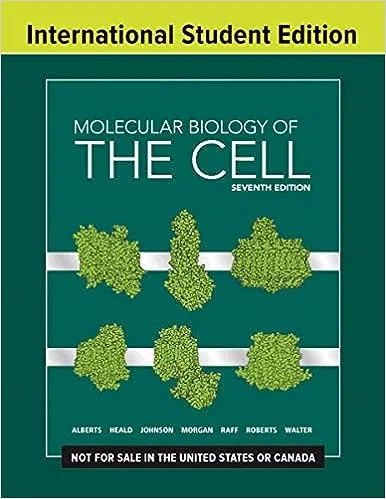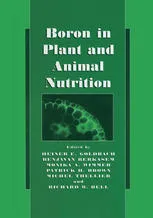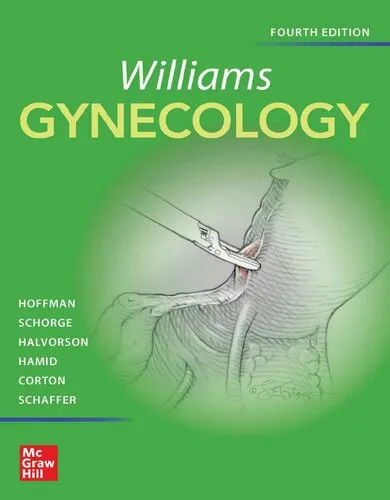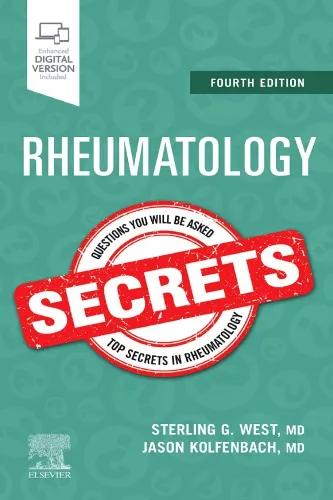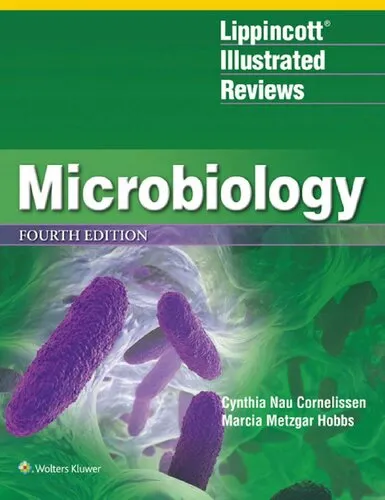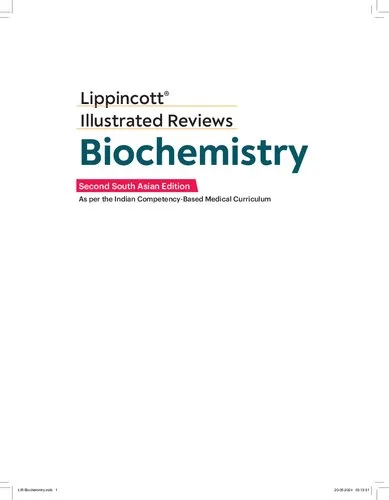The Poetics of Empire: A Study of James Grainger's the Sugar-Cane
4.5
Reviews from our users

You Can Ask your questions from this book's AI after Login
Each download or ask from book AI costs 2 points. To earn more free points, please visit the Points Guide Page and complete some valuable actions.Related Refrences:
Introduction
Welcome to a comprehensive exploration of James Grainger's poignant work, The Sugar-Cane, examined through the lens of colonial and imperial dynamics in my book, The Poetics of Empire: A Study of James Grainger's the Sugar-Cane. This text delves deep into the interplay of poetry, history, and socio-political commentary inherent in Grainger's eighteenth-century poem, offering readers an analytical framework to understand the multifaceted nature of colonial literature.
Detailed Summary of the Book
In The Poetics of Empire, I undertake an exhaustive analysis of James Grainger's The Sugar-Cane, juxtaposing the pastoral ideal with the harsh realities of plantation life in the Caribbean. This book revisits Grainger's ambitious poem, which attempts to marry scientific discourse with poetic form, exploring themes such as the economics of sugar, the role of slavery, and the interplay between European and Caribbean environments.
The narrative structure of Grainger’s poem is appraised for its duality—cultivating a discourse that romanticizes the Caribbean as both an Edenic and hellish landscape. I decode Grainger’s use of poetic devices to navigate the contradictions of the plantation system and colonial growth, shedding light on his representations of both nature and humankind. Through detailed commentary, I illustrate how Grainger reflected his era's mindset while serving as an inadvertent critic of the colonial agenda.
Key Takeaways
- James Grainger's poem serves as a historical document, bridging the gap between art and economic discourse.
- The narrative permits a reflection on slavery, thereby exposing the dehumanizing aspects of the colonial sugar trade.
- Grainger's work is positioned within the pastoral tradition, yet disrupts it by incorporating elements of colonial critique.
- Through Grainger's depiction, one gains insight into the early interactions between European settlers and the Caribbean ecosystem.
- The poem reveals the inherent contradictions in Enlightenment thinking regarding race, economy, and human rights.
Famous Quotes from the Book
“Grainger’s verses, though entwined with colonial motives, become a lens to examine the friction between progress and human cost.”
“By examining the welfare of the plant over that of the enslaved, Grainger’s poem inadvertently questions the ethics of its own narrative.”
“Eighteenth-century Caribbean life emerges vividly from Grainger's metaphoric entanglement of nature and labor.”
Why This Book Matters
The Poetics of Empire is crucial for readers interested in colonial history, literary analysis, and the socio-economic underpinnings of the past that shaped future eras. It offers a nuanced understanding of how literature not only reflects but also shapes societal attitudes and politics. By weaving together historical context and literary critique, this book challenges readers to reconsider the implications of art that emerged from imperial endeavors.
The insights contained within offer a platform for modern reflections on ongoing discussions about race, power, and exploitation in literature. For scholars and enthusiasts of eighteenth-century works, this study provides a detailed exploration of a lesser-known but critical piece of colonial literature, positioning it as an essential entry into the broader discourse on the cultural legacies of empire.
Free Direct Download
You Can Download this book after Login
Accessing books through legal platforms and public libraries not only supports the rights of authors and publishers but also contributes to the sustainability of reading culture. Before downloading, please take a moment to consider these options.
Find this book on other platforms:
WorldCat helps you find books in libraries worldwide.
See ratings, reviews, and discussions on Goodreads.
Find and buy rare or used books on AbeBooks.
1451
بازدید4.5
امتیاز0
نظر98%
رضایتReviews:
4.5
Based on 0 users review
Questions & Answers
Ask questions about this book or help others by answering
No questions yet. Be the first to ask!
